Potassium chloride is a commonly used fertilizer that supplies the essential nutrient potassium to plants. It is a salt compound composed of potassium and chlorine. Potassium is one of the three primary macronutrients required by plants, along with nitrogen and phosphorus.
Potassium plays a vital role in various physiological processes within plants, including:
- Enhancing plant growth and development: Potassium promotes cell division, carbohydrate metabolism, and overall plant growth. It is essential for root development, stem strength, and fruit formation.
- Improving nutrient uptake and water management: Potassium helps regulate the opening and closing of stomata, which are tiny openings on plant leaves. This process affects water uptake, transpiration, and nutrient absorption.
- Enhancing plant resistance to stress: Potassium aids in strengthening plant cell walls, increasing drought tolerance, and improving resistance to diseases and pests.
Potassium chloride fertilizer is typically applied to soils that are deficient in potassium or in crops with high potassium demands, such as fruits, vegetables, and field crops. It is available in various forms, including granules, powders, and liquids, making it versatile for different application methods.
When applied to the soil, potassium chloride dissolves and releases potassium ions, which can be absorbed by plant roots. The chloride component of potassium chloride also provides some benefits as a source of chlorine, which is another essential nutrient for plants.
However, it is important to use potassium chloride fertilizer judiciously and follow recommended application rates, as excessive use can lead to imbalances in nutrient levels and affect soil pH. Soil testing and consulting local agricultural extension services can help determine the appropriate amount of potassium chloride fertilizer to apply based on specific crop and soil conditions.
Overall, potassium chloride fertilizer is widely used to supply potassium to plants, promoting healthy growth, improved yield, and enhanced resistance to stress factors.

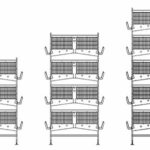



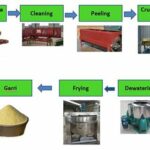

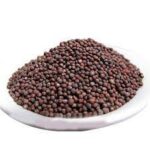






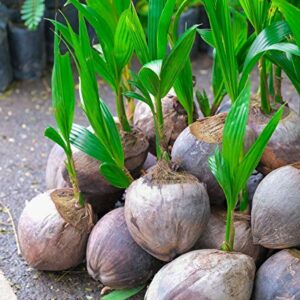

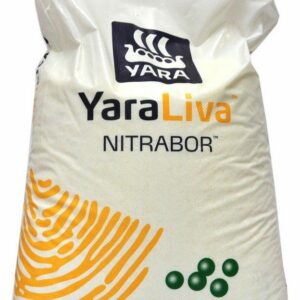

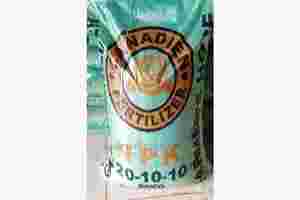
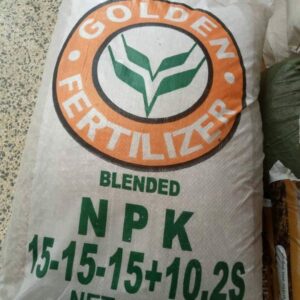


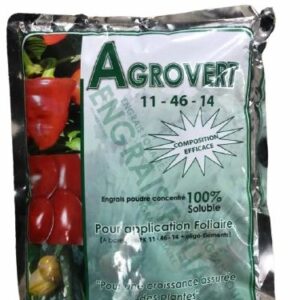
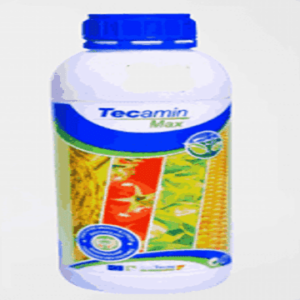
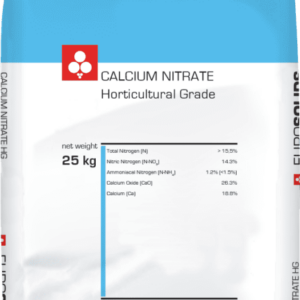
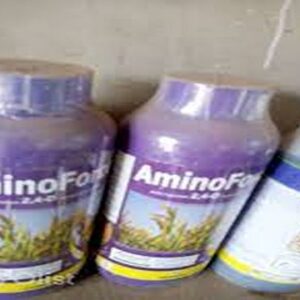
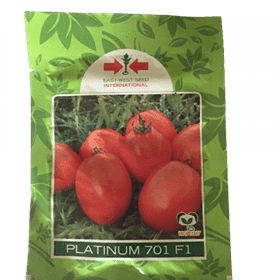
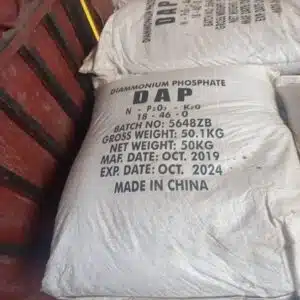
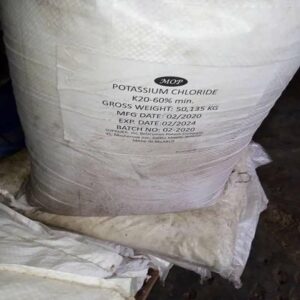
Reviews
Clear filtersThere are no reviews yet.